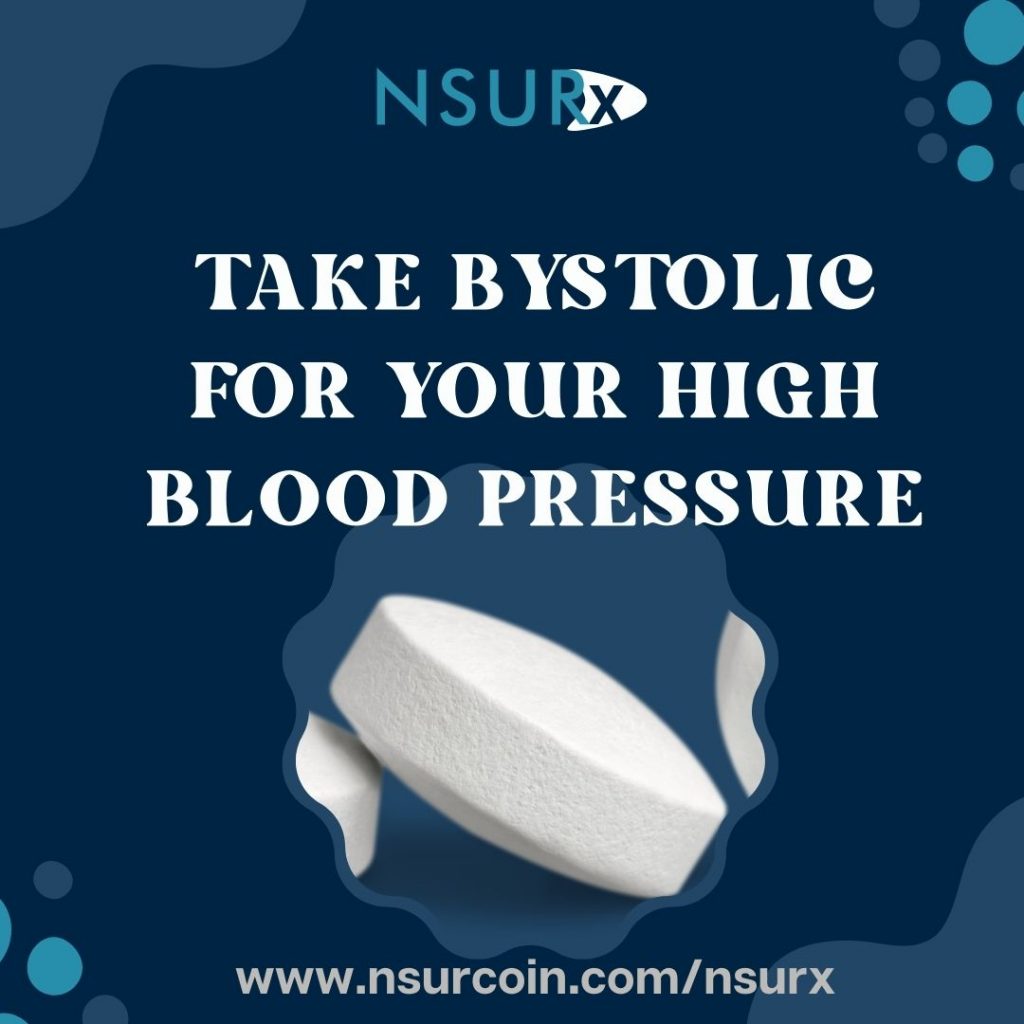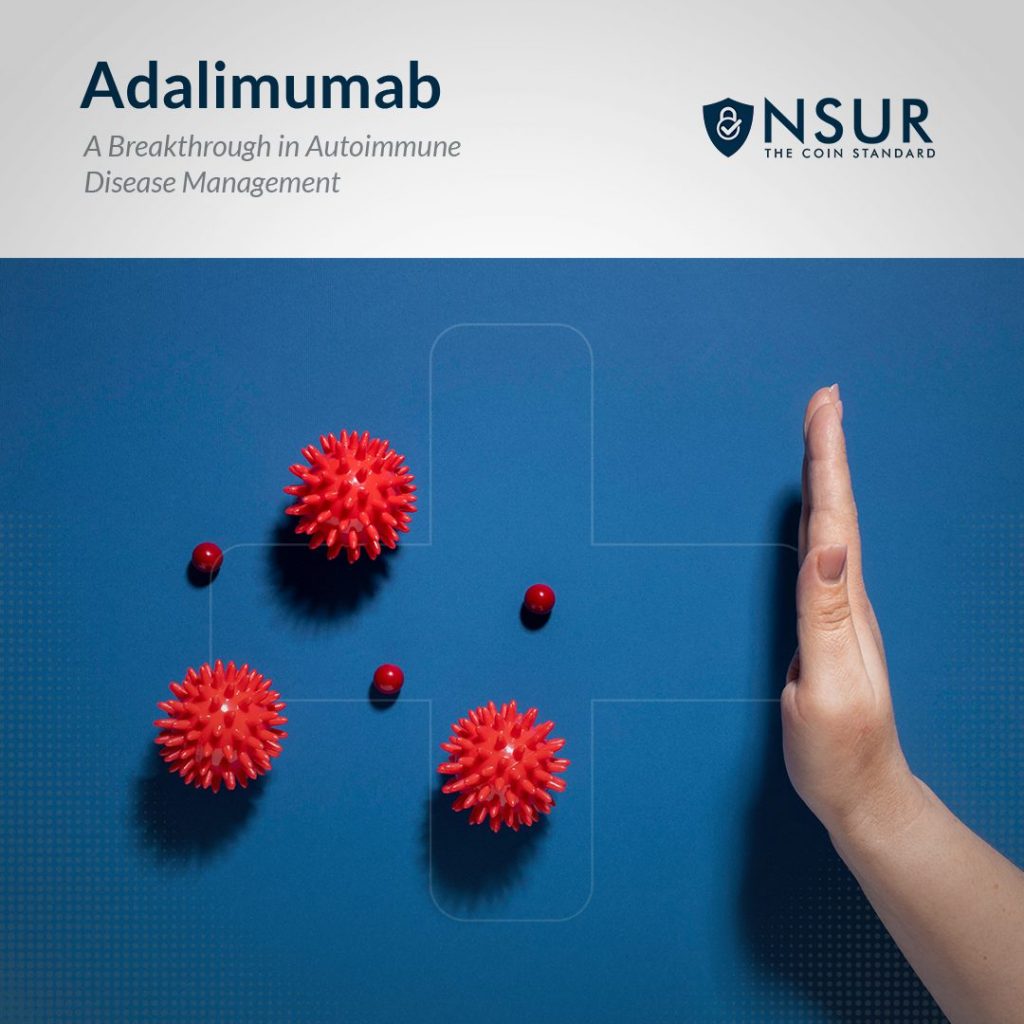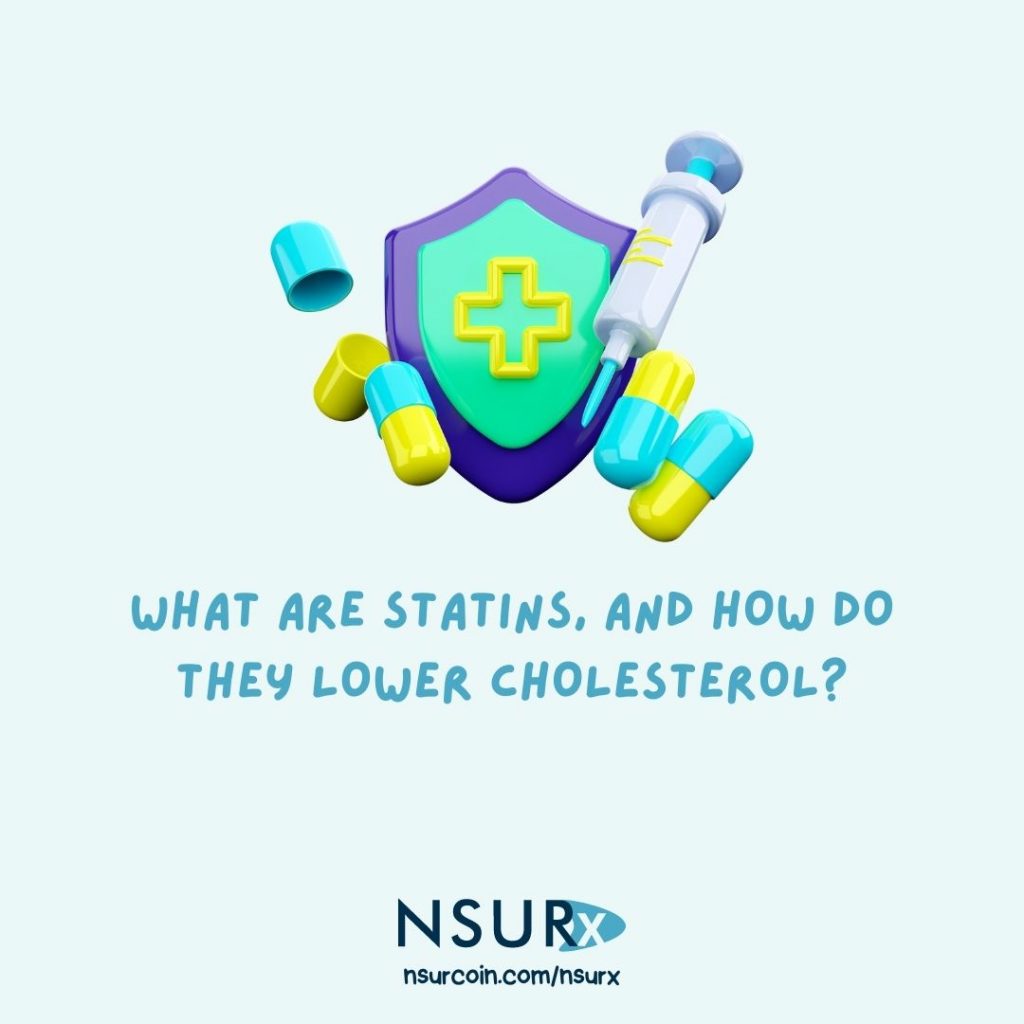
In the world of autoimmune diseases, few conditions can be as debilitating and distressing as psoriasis and Crohn’s disease. Psoriasis, a skin disorder characterized by red, itchy, and scaly patches, not only affects the physical well-being of individuals but also their emotional health. Crohn’s disease, on the other hand, is an inflammatory bowel disease (IBD) that causes inflammation of the digestive tract, leading to severe abdominal pain, diarrhea, fatigue, and weight loss. The journey to finding effective treatments for these conditions has been long and arduous. However, the advent of ustekinumab has introduced a promising new chapter in the management of psoriasis and Crohn’s disease, offering new hope to those afflicted.
The Mechanism of Ustekinumab
Ustekinumab is a biologic medication that works by targeting specific proteins in the body’s immune system. It is designed to inhibit the activity of interleukin-12 (IL-12) and interleukin-23 (IL-23), two cytokines involved in inflammatory and immune responses. By blocking these cytokines, ustekinumab helps reduce inflammation and modulate the immune system. This mechanism of action makes it particularly effective in treating autoimmune conditions like psoriasis and Crohn’s disease, where the body’s immune system mistakenly attacks its own tissues.
Ustekinumab in Psoriasis Treatment
For individuals suffering from moderate to severe plaque psoriasis, ustekinumab has emerged as a beacon of hope. Clinical trials have demonstrated its ability to significantly reduce the severity of psoriasis symptoms, with many patients achieving a 75% reduction in their Psoriasis Area and Severity Index (PASI) scores, a measure used to determine the severity of psoriasis. Moreover, ustekinumab has shown to offer long-term relief, maintaining its efficacy over time with continued use.
The impact of ustekinumab on patients’ quality of life cannot be overstated. By alleviating the physical symptoms of psoriasis, it helps reduce the psychological stress and emotional distress associated with the condition. Patients report improved self-esteem, reduced anxiety and depression levels, and an overall better quality of life.
Ustekinumab in Crohn’s Disease Management
Crohn’s disease has historically been a challenging condition to manage, with treatments often focused on controlling symptoms rather than inducing remission. Ustekinumab has changed this narrative, providing a viable option for inducing and maintaining remission in individuals with moderate to severe Crohn’s disease who have not responded well to traditional therapies.
Clinical studies have shown that ustekinumab can lead to significant improvements in Crohn’s disease symptoms, including reduced abdominal pain, decreased frequency of bowel movements, and healing of intestinal inflammation. For many patients, ustekinumab has made it possible to achieve remission, allowing them to lead a more normal and active life.
Safety and Side Effects
Like all medications, ustekinumab is not without its side effects. Common adverse effects include injection site reactions, upper respiratory infections, and headaches. However, the risk of serious side effects, such as serious infections, is relatively low. It is important for patients to discuss the potential risks and benefits of ustekinumab with their healthcare provider to determine if it is the right treatment for them.
Take advantage of NSURx for your prescription drugs!
With the NSURx Prescription Benefit Card, you can save money on your medications at more than 35,000 pharmacies across the United States.
You can save up to 80% on your medication by using an NSURx card. Hundreds of dollars in savings could be yours every time you fill out your prescription.
The more you shop with NSURx, the more NSUR Coins you will receive as a reward.
The Future of Ustekinumab
The introduction of ustekinumab has undeniably revolutionized the treatment landscape for psoriasis and Crohn’s disease. Its efficacy, coupled with a manageable safety profile, offers a promising alternative for patients struggling to find relief from these chronic conditions. As research continues, there is optimism that further insights into ustekinumab’s mechanism of action and potential applications will emerge, potentially expanding its use to other autoimmune diseases.
Disclaimer
This blog post is intended for informational purposes only and should not be considered a substitute for professional medical advice. Always consult with a qualified healthcare provider for personalized recommendations and guidance.











